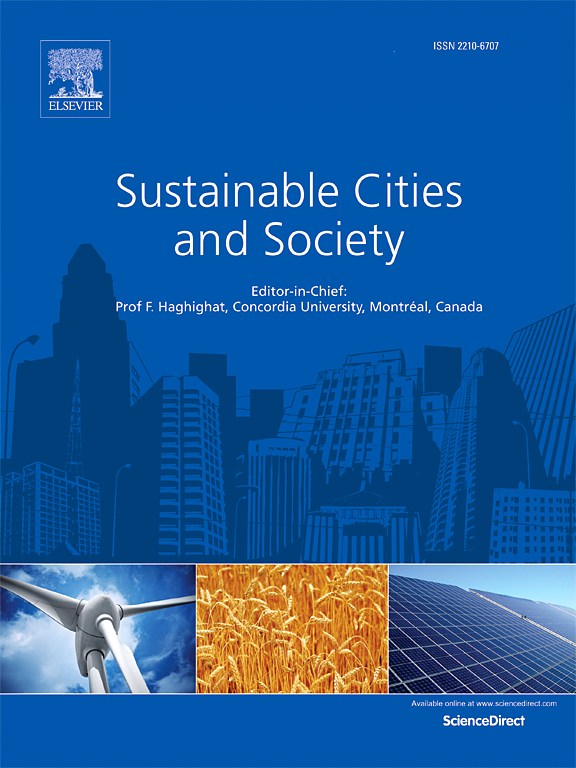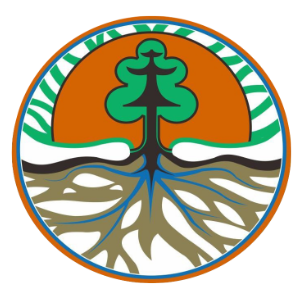
At present, there is insufficient data to understand the processes driving emissions and fluxes of greenhouse gases (GHGs) from tropical peatlands in Southeast Asia (SEA). In this review, we discuss fundamental factors controlling emissions of major GHGs (CO2, CH4, and N2O) from tropical peatlands and their contribution to global climate change. Classifying peatlands in tropical and subtropical regions can aid in understanding their emission characteristics. The applicability of existing GHG emission factors to land use categories in SEA is discussed. We find that rewetting peatland can increase CH4 emissions, and therefore more studies are needed to establish whether peatlands act as a net sink or net sources of GHGs. Few studies have investigated the effectiveness of liming towards reducing peat soil acidity. The review also finds that there is limited data on CO2 concentrations in drainage and wildfire areas, N2O fluxes in agriculture areas, and the impact and reduction of CH4 in tropical peatlands. Addressing these research gaps could support the development of a framework for GHG emission measurements and abatement in tropical peatlands.
- Authors: Kumar, P., Adelodun, A.A., Khan, M.F., Krisnawati, H., Garcia-Menendez, F.
- Author Affiliation: University of Surrey, The Federal University of Technology, Nigeria, North Carolina State University, Forestry and Environment Research, Development and Innovation Agency, Bogor, Indonesia
- Subjects: peatlands, soil, climate change, water management
- Publication type: Journal Article, ISI, Refereed
- Source: Sustainable Cities and Society 53: 101881
- Year: 2020
- DOI: https://doi.org/10.1016/j.scs.2019.101881
















